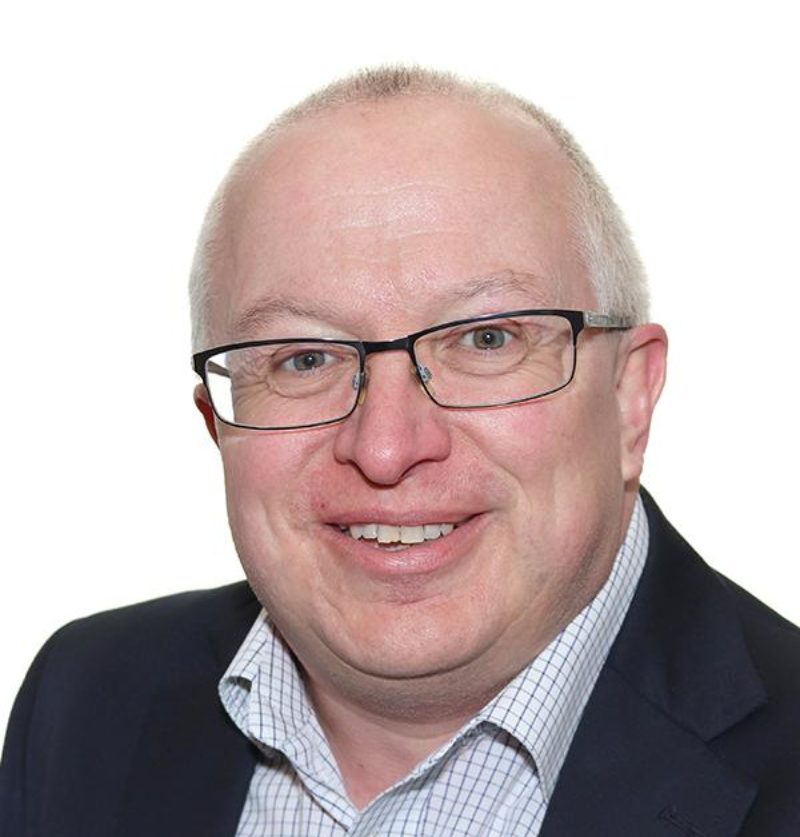
This week sees the inauguration of the United Kingdom’s new Prime Minister.
It’s hard to think of a less auspicious time for a new PM to take over. The number of issues that need to be addressed is getting larger and more urgent by the day, not helped by the fact that the entire summer has been wasted with the Conservative Party just bickering amongst themselves.
The Cost of Living Crisis, soaring energy bills, mounting NHS waiting lists, a broken social care system, rising crime, a failing criminal justice system, sewage pouring into our rivers, and an aircraft carrier that breaks down the first time its taken for a spin – the list goes on and on.
The common response we now get on the doorstep when we ask people what issues are most concerning them is not one item from the above list but simply: “everything”.
By far the biggest issue in the new Prime Minister’s in tray is, of course, the ongoing Cost of Living Crisis and soaring energy bills. This is such a big issue that only concerted action by the Government – and the Government alone – can hope to provide sufficient relief to struggling households.
However, that doesn’t mean that, where councils are able, they shouldn’t do what they can to help out too.
One way we can do this is through the Local Council Tax Reduction Scheme that each council has in place to help people on low incomes pay their council tax bills. These local schemes were set up in 2013 when the Government abolished national Council Tax Benefit and let each council develop its own scheme.
Unfortunately, at the same time, they also cut funding by 10% so people were immediately worse off.
One of the ways most councils, at the encouragement of the Government, made their local schemes cheaper was to introduce a minimum payment. This means that a household, regardless of income, still has to pay a proportion of their council tax bill.
While this proportion started relatively low for most councils, as their funding has been squeezed, so many have increased the percentage that people have to pay. The largest number of councils now expect people with no income to pay at least 20% of their council tax bill. One council expects them to pay 50% of the bill.
This has inevitably meant that more and more people are falling into arrears with a huge bureaucratic apparatus of reminders, final notices and court proceedings having to be put in place to chase and recover payments.
Much of this recovery action is charged back to council tax accounts, loading extra costs on to people who couldn’t afford to pay in the first place.
That’s why in Ipswich we have taken the opposite approach and actually reduced our minimum payment, so this now stands at 5%.
But with the cost of food, energy, fuel and rents all taking a greater proportion of household disposable incomes we now believe it is time to go even further and return to a system where people on the very lowest incomes pay nothing.
On top of this we also want to reform the help we give to people who are in low paid work and claiming Universal Credit.
At present if someone’s Universal Credit payment changes every month – as it often does if, for example, someone is on a zero hours contract – then their Council Tax Reduction also has to be recalculated and a new bill issued every month.
It makes it extremely difficult for households to budget and is incredibly labour intensive to administer. And the problem is growing as more people move across to Universal Credit.
By simplifying the system so that a person’s bill changes only if their income varies outside a set income band then we can reduce the number of new bills that have to be sent out, automate the system and significantly reduce the costs of processing.
In fact, we’re currently predicting that the savings in processing and recovery costs could actually pay for most, if not all, of the cost to the Borough Council of implementing the new system.
In all around 7,000 households will benefit from either lower bills – with an average saving of over £100 a year – or being able to budget more easily when the new scheme is introduced next year.
Shifting spending from chasing people who can’t afford to pay their bills to helping make their bills more affordable seems like a much better use of money.

